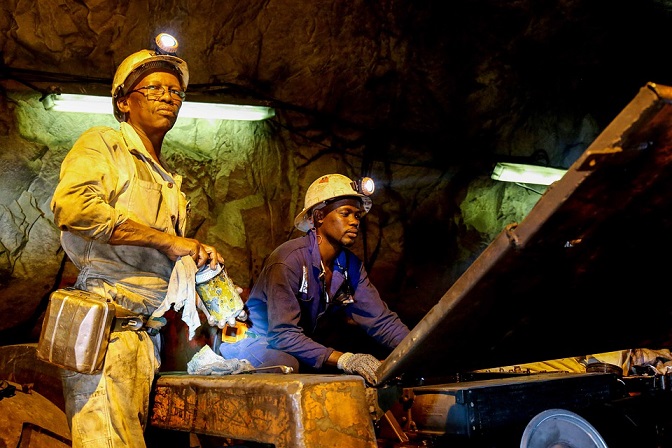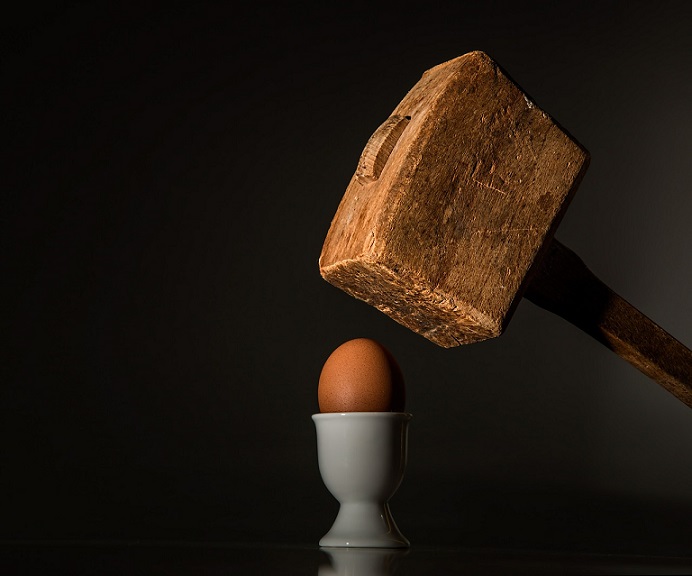The village of Wixárika (Huichol), situated in the western Mexican states of Jalisco, Nayarit and Durango, is demanding the cancellation of mining grants made to foreign companies in San Luis Potosí, for endangering native sacred land.
 Deisy Francis Mexidor
Deisy Francis Mexidor
“We do not want Canadian businesses, we do not want them to take our land away, we demand respect”, expressed Samuel Valdés, 15, from Huichol speaking to Prensa Latina, in the village of Santa Catarina, in Jalisco.
Wirikuta is an area rich in biodiversity where the greatest concentration of endemic cacti is found, according to Conservación Humana, a non-governmental organisation which promotes the protection of the biocultural pilgrimage route to the Huichol shrines.
This is an “island of vegetation in the middle of the desert”, and it holds the oldest footprint of man on American soil, testifies the group director, Humberto Fernández.
Last year, the Wixárika Regional Council in the Defence of Wirikuta sent an urgent letter to President Felipe Calderón as a reminder, amongst other things, of the government’s commitment to respect and protect the sacred sites, as recorded in the Hauxa Manaká pact (2008).
“We bring the word that unites the feeling of the councils of elders, of the wise folksingers, we bring the word which connects the same steadfastness, the families’ sentiments and we want them to respond to us”.
However, the executive delivered 22 licences in 2009 (a total of 74), for the mining exploitation in the region by the Canadian consortium First Majestic, through its subsidiary, Real Bonanza.
Around 70% of the 6,326 hectares which cover the area are yielded to the transnational within Wirikuta. Furthermore, in the same location, on the boundary of El Bernalejo, two more licences have been awarded to West Timmins Mining, also Canadian.
“Our land is not for sale. It is very important to us. The Huichols depend on it”, states Samuel, going on to explain that Peyotes (a type of cactus from the arid regions) grow on this venerated land.
 “There is another weed called the Peyotl which maintains and encourages them to fight without fear, without thirst or hunger, and they say that it keeps them safe from all danger”, as wrote Fray Bernardino of Sahagún over 400 years ago in The History of the New Spain.
“There is another weed called the Peyotl which maintains and encourages them to fight without fear, without thirst or hunger, and they say that it keeps them safe from all danger”, as wrote Fray Bernardino of Sahagún over 400 years ago in The History of the New Spain.
On 7 February, elders of distinct ceremonial centres presented their proclamation in a spiritual rite.
In the message, they reiterated that they will continue defending the sacred site of Wirikuta “from the mining concessions that are seeking to destroy our natural resources as an ancestral way of life”.
But not only is it the connection to a site that collects the wealth of culture of indigenous peoples. It also has legal and ecological implications, as the area which covers in total around 140,000 hectares in seven municipalities of the Potosi Altiplano has been a protected Natural Reserve since 2001.
For this reason, Valdes, who prefers to be called Matstwa, said the conservation of this sacred land is crucial for his people.
“Foreign entrepreneurs cannot keep our land. If so, this would be the end of our race, the end of the Huichols.” he said.
Lately, they have focused on the Federal District and have gathered in the capital’s Angel of Independence. Late last year, they also held a march against the entry of foreign mining companies to Wirikuta, he affirmed.
What the people of Wixárika wish for is that alternative ways are established which do not attack the sacred sites nor damage the environment.
Wirikuta is the place where the Wixárika people have pilgrimaged since time began to recreate the walk of their ancestors in the creation of the world and the universe. It is the origin of the rain and fertility and the place where the sun was born.
“If the point to this tragedy is money, we strongly inform you that it will be infinitely cheaper to expel this company rather than regret the ecological, spiritual and social tragedy that could be caused by scavenging and extracting the bowels from Wirikuta”.
They tell how more than a decade ago, a Marakame (a folksinger) shared the revelation of a dream he had with his people in Wirikuta, in which he saw how “the bowels of Mother Earth were being torn and her belly was ripped open and trampled on”.
(Translated by Susan Seccombe – Email: ess.translations [@] gmail.com) – Photos: Pixabay
_________________________________Yolaidy Martínez Ruíz
_________________________________












.jpg)












